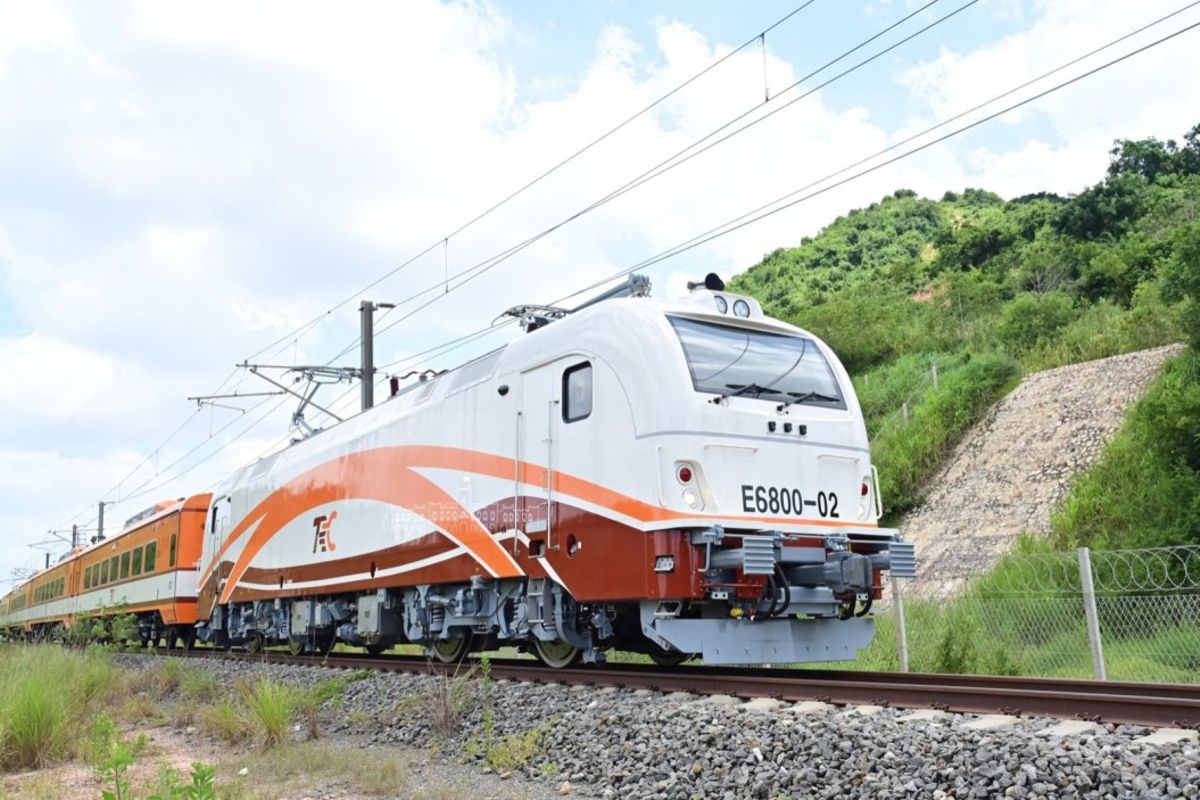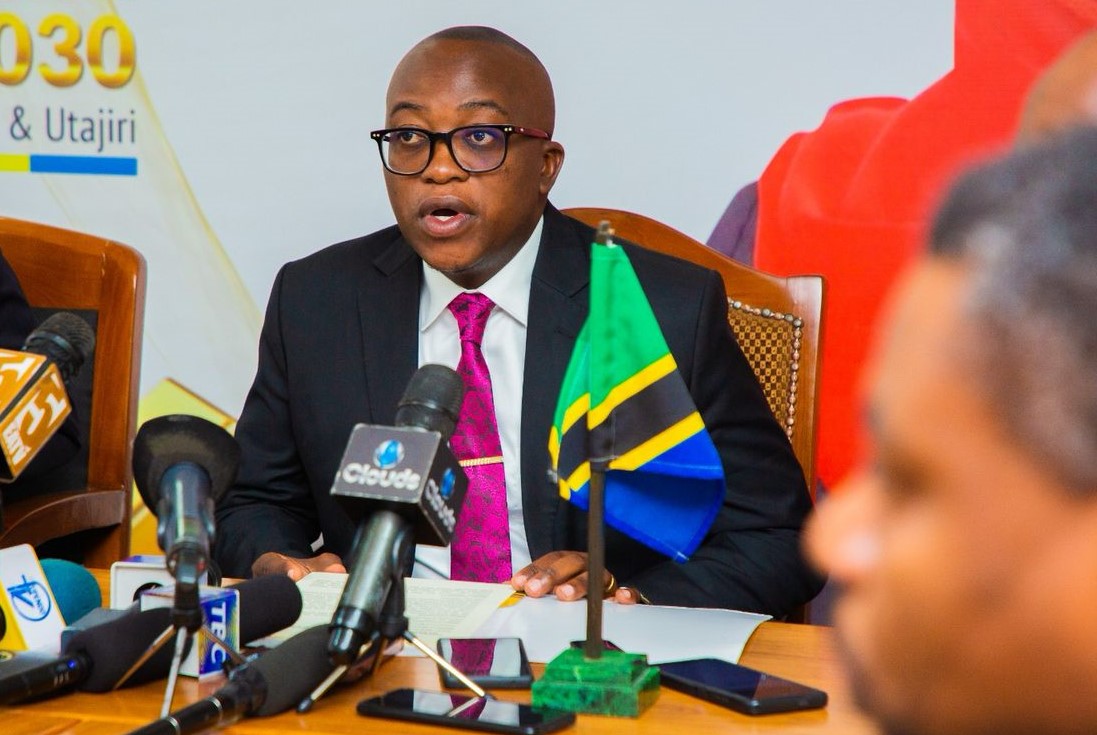Rufiji, Wami receive support for monitoring river basins

What you need to know:
- The US government has handed over equipment and supported additional services worth Sh2.3 billion to the Rufiji and Wami/Ruvu Water Basin Boards to improve water monitoring
Dodoma. The US government has supported Tanzania with equipment and services worth $980,000 (Sh2.3 billion) to improve water monitoring at Rufiji and Ruvu basins.
The equipment and additional services, which were handed over to the Rufiji and Wami/Ruvu Water Basin Boards, will help the boards to collect and analyse data on the quality and quantity of water, according to a statement released by the US Embassy on Thursday.
The support was provided by the Water Resources Integration Development Initiative (Waridi), a five-year programme funded by the United States Agency for International Development (USAID). Waridi promotes integrated management of water resources and improved access to and delivery of water services.
“Because water plays such a critical role in reducing poverty, improving health, and increasing human productivity, it must be given a high priority by the government and donor community,” said Andrew Karas, Chargé d’affaires ad interim, of the US Embassy. Improved water monitoring will aid the districts in making informed decisions on water allocation to sustainably manage and protect water resources for future generations.
In addition to the water monitoring equipment, the water boards received boats, computers, radios, range finders and modems for field, and office operations. Staff will also be trained to use advanced hydrological monitoring software and hardware.
Through Waridi, the US government also provided the ministry of Water with a tool and user guide for assessing the baseline capacity of Water Users Associations (WUAs), community-based institutions charged with water resources management.
WUAs are mandated by law to acquire and operate water use permits, resolve water use conflicts, protect water sources, represent interests of users at community level, and to collect water user fees on behalf of the basin water boards.
The tool can be used for routine monitoring of WUAs and to identify measures to improve performance.
It was developed through a participatory process involving representatives from basin water boards, local government authorities, the ministry of Water, and local consultants.




